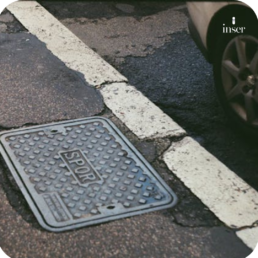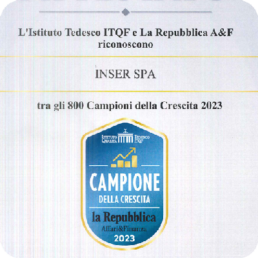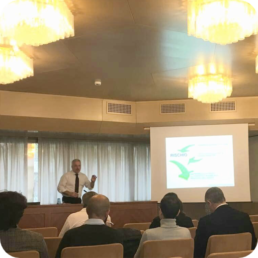Does the purchase of a house in common with the RUP's son constitute a conflict of interest situation?

In this article, the Lecce Regional Administrative Court (TAR) examines cases of conflict of interest that may affect the legitimacy of administrative action.
The case.The Apulia Lecce Regional Administrative Court, in judgment No. 1250 of November 9, 2023, dealt with the appeal of an exclusion order from a tender procedure, whose sole ground of appeal related to the conflict of interest allegedly faced by the RUP.In this regard, the alleged conflict of interest was allegedly manifested by the circumstance that the sole director of the appellant company, together with his wife, had purchased a property in common with the RUP's son, who moreover had paid his share with money received as a donation from his father. The decision.The Lecce judges found that the indicated circumstances were not suitable to prove habitual frequentation.However, the ruling nevertheless considered the merits of the dispute, with regard to the hypothetical vitiating effect that the existence of the feared conflict of interest situation would have had, had it been proven.In the opinion of the judges, the conflict of interest could not have vitiated the tender notice in any case, as “at the time of the adoption of the lex specialis the public official cannot be in any condition of conflict of interest with reference to the hypothesis of habitual frequentation, for the obvious reason that the target audience of the act is still undetermined.”Although the decision under consideration was decided in the regulatory regime prior to the effectiveness of the new Public Contracts Code, this guideline should be considered valid under the current regime as well.First, because relationships of habitual frequentation certainly well can be considered a cause of conflict of interest, by virtue of the provision of Article 7, Presidential Decree 62/2013, which, although not covered by Article 16, still constitutes a parameter for determining cases.Second, as for the evidentiary profile, the express provision contained in Article 16 of the new code (which places the burden of proof of the conflict of interest on the person who raised it) would confirm even under the new code regime the reasons expressed by the judgment under review, referring to the lack of sufficient evidence of the existence of the conflict of interest situation. For further discussion:- TAR Puglia Lecce, judgment Nov. 9, 2023, 1250;- Art. 7, Presidential Decree 62/2013.










































































